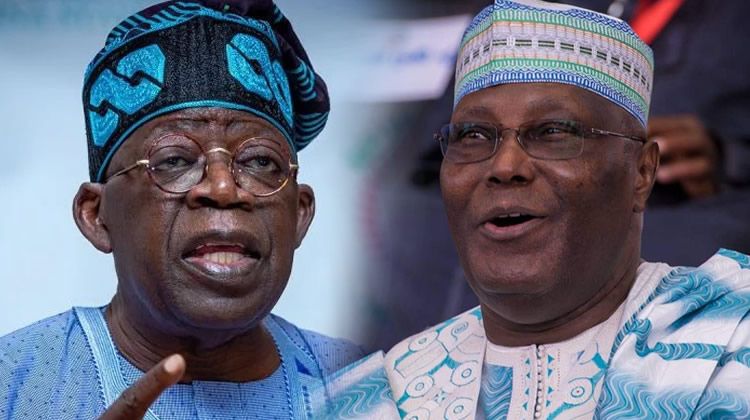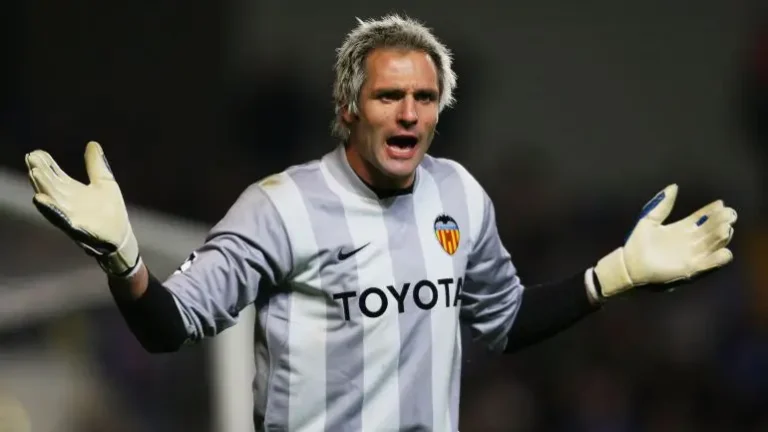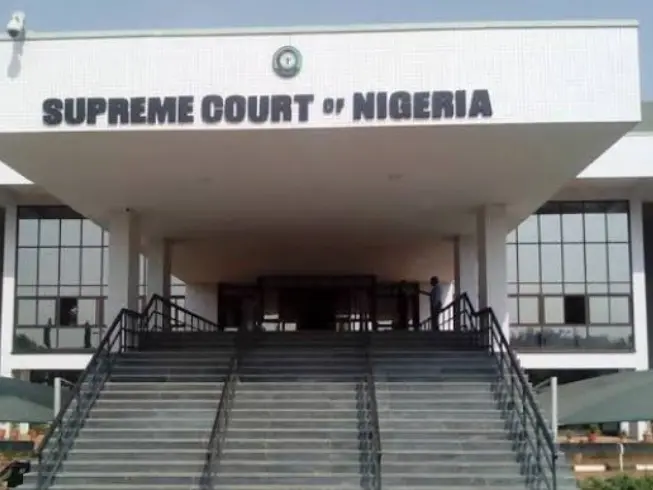
Former Vice President Atiku Abubakar has strongly condemned President Bola Tinubu’s recent presidential pardons, describing them as a “national outrage” that undermine justice, embolden criminality, and erode public trust in governance.
In a statement personally signed and released on Sunday, Atiku said the decision to grant clemency to individuals convicted of grave crimes—including drug trafficking, kidnapping, corruption, and murder—had “diminished the sanctity of justice” and sent “a dangerous signal” to both Nigerians and the international community.
“Ordinarily, the power of presidential pardon is a solemn prerogative—a moral and constitutional instrument designed to temper justice with mercy and strengthen faith in governance,” Atiku stated.
“Regrettably, the latest pardon issued by the Tinubu administration has done the very opposite. It not only undermines justice but emboldens criminality and weakens the moral authority of leadership.”
Atiku described the move as particularly troubling at a time when Nigeria is grappling with insecurity, moral decline, and rising drug-related crimes.
“It is shocking and indefensible that this administration would prioritise clemency for those whose actions have directly undermined national security and social order,” he said.
The former vice president revealed that 29.2% of those pardoned were convicted of drug-related offences, lamenting that the action sends the wrong message at a time when the nation is struggling to contain youth drug abuse and repair its image globally.
He also drew attention to what he called the “moral irony” of the decision.
“It is especially disturbing that this clemency comes from a president whose own past remains clouded by unresolved issues relating to drug-related forfeitures in the United States. It is therefore unsurprising that this administration appears tolerant of individuals linked to criminal enterprise.”
Atiku added that rather than symbolizing mercy and reform, the mass pardon had “mocked the criminal justice system, insulted victims, and demoralized law enforcement officers.”
“Clemency must never be mistaken for complicity. When a government begins to absolve offenders of the very crimes it claims to fight, it erodes its moral legitimacy and emboldens lawlessness,” he concluded.
ADC Slams Tinubu’s Pardon as ‘National Disgrace’
The African Democratic Congress (ADC) has also condemned the presidential pardons, describing them as a “pathetic and shameful abuse” of the prerogative of mercy.
In a statement signed by the party’s National Publicity Secretary, Mallam Bolaji Abdullahi, the ADC said granting clemency to dozens of convicted drug traffickers and smugglers—many of whom have served less than two years of life sentences—was a “national disgrace that encourages crime and damages Nigeria’s global reputation.”
“It amounts to a reckless abuse of presidential power to pardon individuals convicted of serious drug and smuggling offences,” the statement read. “According to official reports, it seems that in today’s Nigeria, all it takes to earn clemency for the worst crimes is to ‘show remorse and learn skills.’”
The ADC noted that Nigeria’s drug use rate, estimated at 14.4%—nearly three times the global average of 5.5%, underscores the severity of the crisis and the need for stronger deterrence, not leniency.
“For years, agencies like the NDLEA have risked their lives dismantling drug networks and bringing traffickers to justice. This mass pardon makes a mockery of their sacrifices and undermines our collective fight against narcotics,” Abdullahi added.
The party further warned that the decision could strain Nigeria’s relationships with international partners in the global war on drugs.
“With this act, President Tinubu and the APC are redefining morality in Nigeria—creating a country where anything goes, where even the gravest crimes attract token punishment,” the statement said.
The ADC reaffirmed its commitment to “rescue Nigeria from a ruling party that values impunity over accountability and power over principle.”


